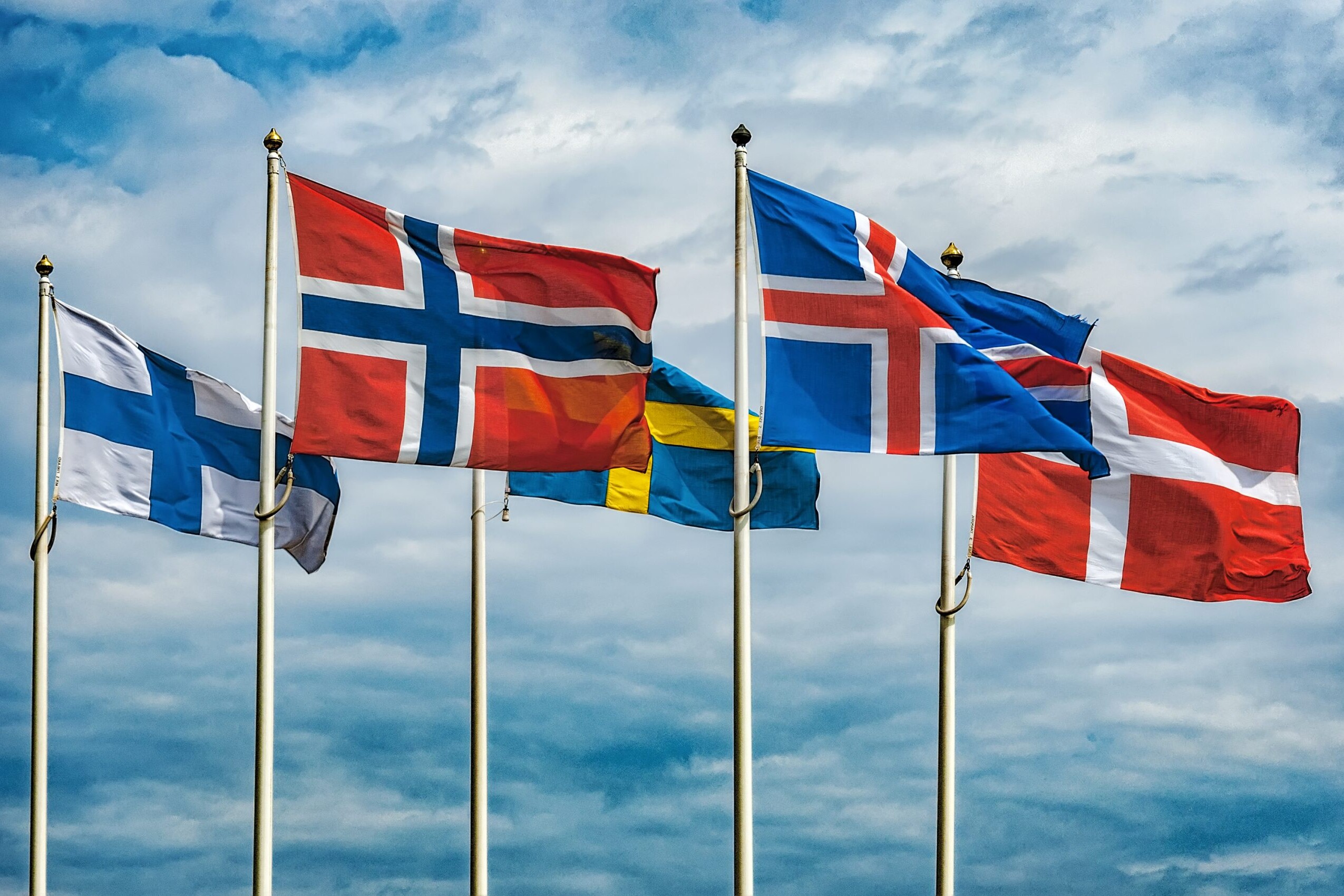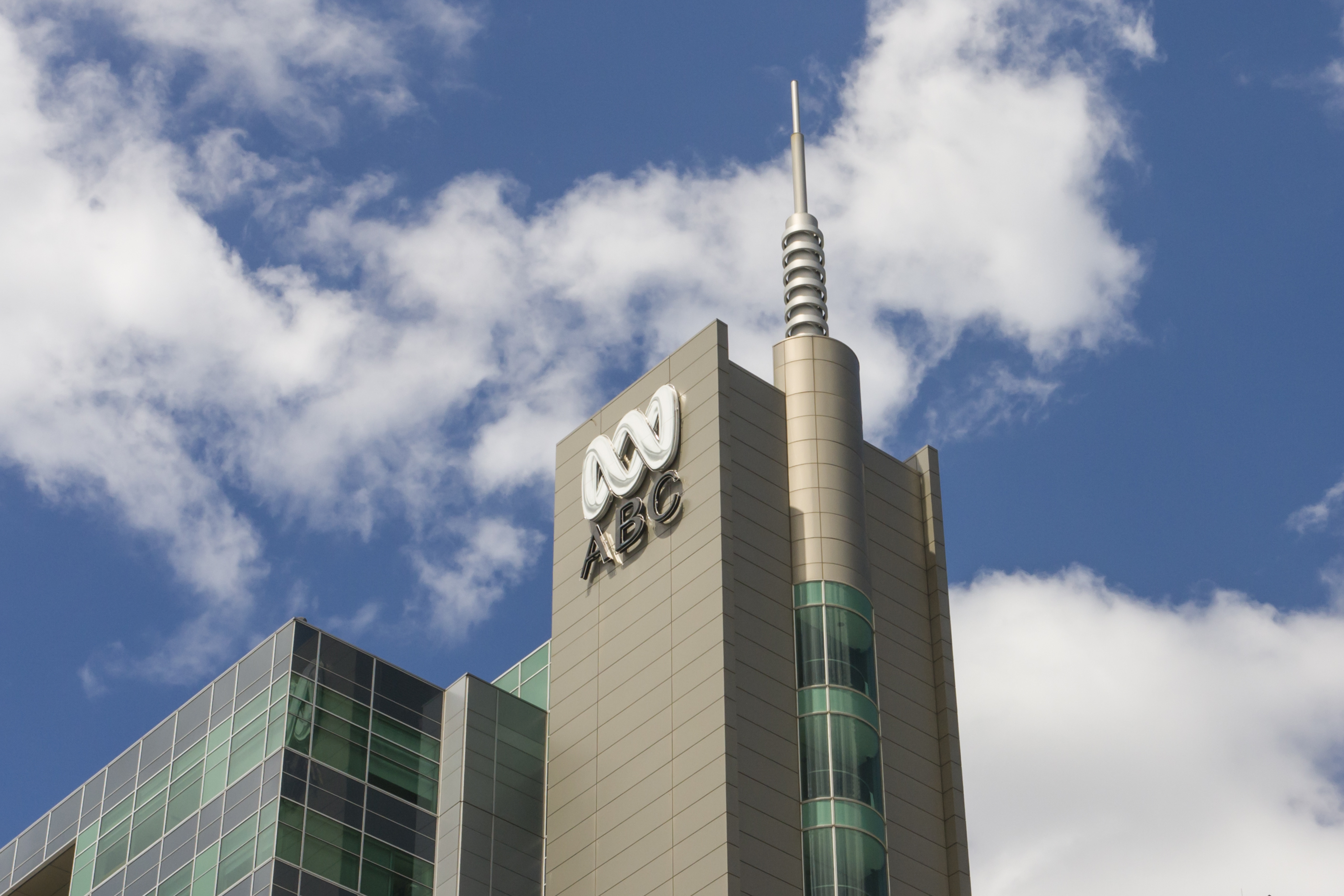As media markets become more crowded and global streaming giants continue to grow rapidly, what steps are being taken to address challenges to the prominence of public media?
By Chloe Howcroft
In the past, the prominence of public broadcasters was often determined by their position on the spectrum, their radio frequencies or channel listings. But now, with the proliferation of internet access, new digital channels, global streaming giants and platforms, the choice and means through which audiences access content has rapidly expanded.
Over the last 20 years, audience viewing and listening habits have become truly multiplatform and evolved at a rate that has left some public service media (PSM) organisations and regulators scrambling to keep pace. While many PSMs don’t overly rely on revenue from advertisements, viewing figures and audience size go a long way towards securing and maintaining licence fee and other public funding mechanisms.
Yet this is just one challenge to the prominence of PSM in the digital age, with traditional private media also grappling to maintain their positions. While the public vs private battle for prominence and audiences is nothing new, with commercial broadcasters long claiming the unfair advantage of public funds, the competition of the digital age has led to a new battle ground. In the past year alone, private media outlets in Finland and Estonia have filed complaints with the European Commission over “unfair competition” for public funding that contributes to Yle and ERR’s respective online text-based news services. The Finnish government is currently considering amendments to the Yle Act that may only allow Yle to publish textual content for breaking news or when accompanied by audio or visual content. Similarly, Estonian private media are suggesting that ERR is not legally required to provide online news, which the private sector already provides.
Read more: The challenges facing Nordic public media
But now there is a growing pushback against these pressures, with PSMs, regulators, some governments, and other stakeholders trying to do more to address and protect the prominence of public media, while maintaining a fair and pluralistic media landscape. From law amendments and new regulations, to renegotiating content deals with SVODs, there are various measures being deployed to enhance the prominence of PSM. But as the European Platform of Regulatory Authorities (EPRA) notes, the prominence of PSM content will also ‘increasingly rely on bargaining powers with global players, which may prove a challenging task for some PSBs.’
Increasing PSM visibility
There is growing recognition of the outdated nature of some audio-visual laws and regulations. Many of these are insufficient in ensuring the prominence and accessibility of public media across multiple platforms, especially at a time when ownership of smart TVs, streaming devices and SVOD accounts continue to rise. Manufacturers behind these platform technologies have the power to determine how discoverable content is – a notable example being the ‘Netflix’ button on some remote controls, which creates an instant ‘gateway’ to its services. Another major concern is that, while using streaming platforms, some audiences cannot or do not distinguish PSM-originated content.
For instance, while regulation in the UK exists to protect the prominence of PSM on linear channels under the Communications Act 2003, the UK Government is now looking to potentially overhaul existing broadcast rules as part of a wider range of proposals to reform public media.
One new proposal includes placing tighter restrictions on streaming platforms, such as requiring Netflix and Amazon to disclose viewing data about PSM-originated content on their platforms as well as placing PSM apps in more prominent positions on their interfaces and smart TV remotes. It is not yet clear whether YouTube will be included in these proposals, despite some PSM content being made available on its platform. In the past, these measures have not been mandatory and SVODs have operated largely unregulated, remaining outside of the scope of UK media regulator Ofcom’s previous reviews. But in 2019, Ofcom reviewed the prominence of public broadcasting in the UK and is now due to publish its recommendations next month, which will help to inform the Government’s proposals to protect the prominence of public media in the ‘online’ age.
The Financial Times reported that ‘Google, Amazon and Samsung’s bargaining power with broadcasters is set to be reined in by the UK government under the world’s most far-reaching reforms to protect the position of public service media in a digital era.’ It also revealed that commercial public broadcasters ITV, Channel 4 and Channel 5 are seeking a ‘regulatory framework to set a minimum requirement for the prominence of PSM content’.
Tech giants paying for PSM news
While global streaming giants and other big tech services do carry a significant amount of PSM-made content, there have long been concerns about prominence, branding and bargaining power between public broadcasters and platform owners. In Australia, this has recently come to a head, with attempts to introduce fairer deals.
In March, legislation was passed to use regulatory powers to support public interest journalism by requiring companies like Facebook and Google to negotiate payments to news outlets, including public broadcasters ABC and SBS, for news content displayed on their platforms.
Under the ‘world-first’ News Media Bargaining Code, the ABC recently entered into discussions with Facebook and Google to negotiate a commercial payment deal for disseminating its news content. According to The Guardian, Communications Minister Paul Fletcher said that the ABC would be able to keep all of the revenue once the deal is concluded, and that the government would not be “offsetting” funding from the state budget for public media in light of the new legislation. ABC’s Managing Director David Anderson stated his commitment to putting the potential commercial funding into regional journalism – at a time when local and regional news in Australia is in crisis – and was quoted by The Guardian as saying, “We don’t want to switch out public funding for commercial funding.”
#BREAKING: The ABC confirms in #Estimates that they have signed deals with Google and Facebook under the new News Media bargaining code. MD David Anderson says it will help bolster coverage across Australia, especially in regions. #Auspol
— Naveen Razik (@naveenjrazik) May 26, 2021
But the Code was not passed without challenges. Only weeks before it was passed, Facebook reacted to the proposal by initially banning Australians from viewing and sharing national and international news content on its platform. While the ban was soon overturned, Anderson has warned that a similar incident involving a giant tech platform could occur in the future and has reiterated the need to protect the availability of ABC content and the flow of trusted and accurate news and information. A similar concern was also raised by technology news outlet, Ausdroid, about Amazon Music, which launched its podcast playback offering in Australia on 1 July. According to Ausdroid, while Amazon Music is still in the process of adding more podcasts to its directory, it still does not include podcasts from large public broadcasters like ABC, BBC, and NPR – however, it does offer episodes from Radio New Zealand (RNZ).
Read more: Facebook restricts content from Australian news sites
Yet following the overall success of Australia’s historic News Media Bargaining Code, tech giants could increasingly be obliged to pay for news content elsewhere.
A seemingly unlikely collaboration between rival organisations in Denmark has emerged to double down on these pressures. Public broadcaster, Danish Radio (DR), has joined forces with commercial media outlets in what The Financial Times has called a ‘test of collective bargaining approach in seeking copyright payments from Google and Facebook’ for their news content. According to Reuters, this is the ‘first attempt in Europe to collectively pursue claims with the tech giants.’ The group initiative, which consists of nearly 30 media organisations, had their first meeting last week to plan how negotiations will go ahead with Google and Facebook and possibly other companies like Twitter to pay for news.
Meanwhile, in its position paper on the proposed EU Digital Services Act (DSA) – a legislative proposal by the European Commission that aims to ensure a ‘safer and more accountable online environment’ – the European Broadcasting Union (EBU) has called for ‘proper brand attribution’ for the sources of content shared via online platforms, including the correct use of logos. The DSA itself includes a range of measures to help balance relations with global online platforms as well as fight disinformation and regulate advertising revenue.
Streaming services helping to fund public media
Other governments are considering legislative changes that could make it mandatory for streaming platforms to help finance public media, as is the case in South Africa and Spain.
As the South African government undergoes a review of the country’s broadcasting policies, public broadcaster SABC shared several key proposals in a hearing last month, which includes making legislative changes to the ‘Must Carry’ rule – a regulation that has required the SABC to provide three of its channels to pay-TV operators for free since 2008. Speaking about the arrangement in which Multichoice is guaranteed ‘free content that has been partially funded by the public’ for its satellite platform, DSTv, SABC Group CEO, Madoda Mxakwe explained that, ‘In effect, you have a public broadcaster and public funds partially subsidising the programming costs of the largest video entertainment business in Africa. This is not sustainable. Nor is it fair.’
Last week, SABC welcomed media regulator ICASA’s draft Must Carry amendments, which now includes the phrase “subject to commercially negotiable terms” and may enable the public broadcaster to negotiate carriage fees for its channels using its statutory rights. The Government has also approved the draft SABC Bill of 2020 to help improve the revenue and governance of the public broadcaster.
Spain’s government is also looking to oblige streaming platforms like Netflix, Amazon Prime and Disney+ to contribute part of their revenue to help fund public broadcaster RTVE. A new audio-visual law has been drafted, which could be implemented as early as next year and require the streaming platforms to be placed in line with telecom operators that already pay 1.5% of their revenue to RTVE. The public broadcaster’s new President, José Manuel Pérez Tornero, has expressed his support for the draft regulations, and believes it is necessary for all platforms to operate under “the same rules” and help finance public media.
Spanish #publicbroadcaster @rtve may soon have another source of funding: a drafted audiovisual law will require streaming platforms like Netflix to contribute part of their revenue to help finance #publicmedia.
Read more via @digitaltveurope ⤵️#PSM https://t.co/gG5QYHQNPu
— PublicMediaAlliance (@PublicMediaPMA) June 30, 2021
From the range of discussions and action taking place globally, there is clearly a growing urgency to create a more level playing field across the media industry. Yet the increased prominence of PSM will rely not only on legislative changes to strengthen bargaining powers. It will also require greater support for digital media literacy – to help audiences better understand who is behind the content that they consume; greater collaboration between PSMs and media organisations facing similar existential pressures, like in Denmark; increased innovation across PSM platforms, including making their video-on-demand services as user-friendly and accessible as possible; and public media organisations showcasing their brands as a source of high quality, trusted news and information.
Header Image: Watching tv and using remote control. Credit: gpetric/iStock
Related Posts
11th June 2021
PSM regulation: How public media can keep themselves in check
Internal regulatory mechanisms can be…
19th February 2021
Facebook restricts content from Australian news sites
Facebook has announced that it will…


